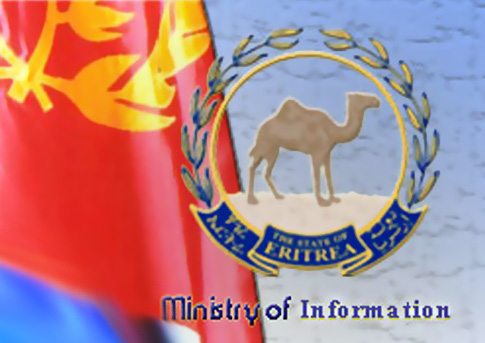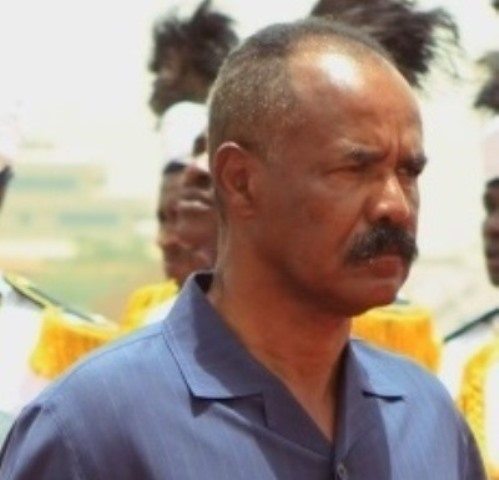[From: A Week in the Horn of Africa, Nov. 4, 2011 issue.] 
Somaliland’s President Ahmed Mohamed ‘Silanyo’ was in Addis Ababa this week en route to the United Kingdom. He held talks with Prime Minister Meles on bilateral and regional concerns on Monday. Discussions covered issues of peace and security and the issue of piracy in the Indian Ocean. Prime Minister Meles praised Somaliland’s commitment to fight piracy and terrorism and said Ethiopia was determined to work with Somaliland to ensure peace and stability in their border areas. President Silanyo said Somaliland was working to enhance its relations with Ethiopia which he described as “in good shape”. He also told journalists after the meeting that his government had arrested dozens of suspected pirates and terrorists. Indeed, according to Somaliland’s Minister for Mining and Energy, Hussein Abdi Dualeh, talking about Somaliland’s hydrocarbon potential at the Africa Oil Week series of conferences in South Africa, there are over a hundred pirates in Somaliland’s prisons.
Pirates, together with drought, famine refugees, violence and terrorism, are the images that spring to most people’s minds in considering the Horn of Africa. But, as President Silanyo said in an article entitled “The Other Horn of Africa” last month, “such perceptions are not only tragically one-sided; they are short-sighted and dangerous.” President Silanyo noted that behind the stock images of a region trapped in chaos and despair, economies were growing; reform was expanding and governance improving. He pointed out that Somaliland had now had three consecutive fair, free and contested presidential elections, and that Ethiopia had emerged as “one of the world’s fastest growing economies, with GDP up 10.9% year on year in 2010-2011, rivalling China and leading Africa.” He also noted that things were looking up in the wider region with South Sudan’s independence through the ballot box, and Uganda’s oil and gas discoveries would help to lift its economy. President Silanyo said all this reflected the fact that the people of the region were no longer willing to be passive victims of fate and a harsh environment. They were determined to shape their destinies through modernization, investment and improved governance. They were also learning to cooperate and align their interests.
President Silanyo made it clear that the region still needed to benefit from international assistance. This might involve food and medicine for victims of drought or famine, but more important in the longer-term were pro-growth investments to provide jobs and products and resources for the world. It was necessary to focus on promoting market economies and stable government. In this respect, he underlined the claims of Somaliland to international recognition. Somaliland was certainly steadily deepening its democracy but despite this it was getting only a fraction of the aid and development assistance of Somalia because of the lack of recognition. He added that its successful democratic experiment was being ignored because of an outdated ruling about colonial boundaries – and President Silanyo referred to the 2005 report by Patrick Mazimhaka, a former deputy chairman of the African Union which cast serious doubt on the application of this rule to Somaliland. He suggested three basic principles for allowing a people be able to declare their independence and gain international recognition: secession should not result from foreign intervention, and the barriers for recognizing secession must be high; independence should be recognized only if a clear majority (well over 50%-plus-one of the voters) freely choose such an option in an unbiased referendum; and that all minorities must be guaranteed decent treatment. Somaliland, he said, fulfilled all these as well as other criteria.
President Silanyo emphasized that the national interest of most of the world’s powers required a Somaliland that was prepared and able to provide security along its borders and off shore. Somaliland was willing to do this, he pointed out, but it needed “the tools and the international recognition so that we can finish the job.”
*************
Re-Publishing items from A Weeks in the Horn, the weekly press release of the Ministry of Foreign Affairs, do not necessarily imply an endorsement of the the claims and arguments therein by this blog.
Check the Somaliland archive for previous posts.
Check the the drop-down menu at the top of this page for related news and analysis.





